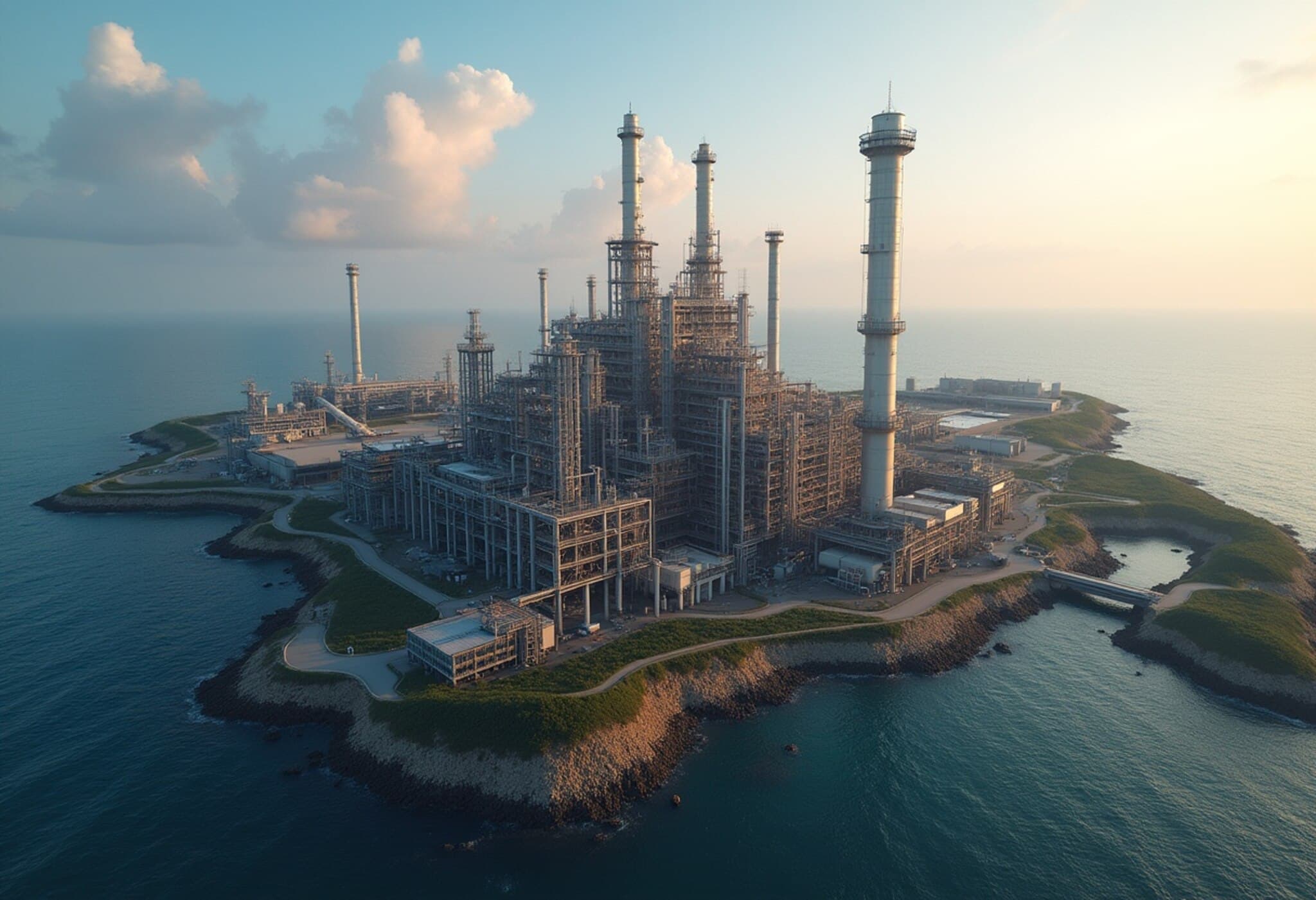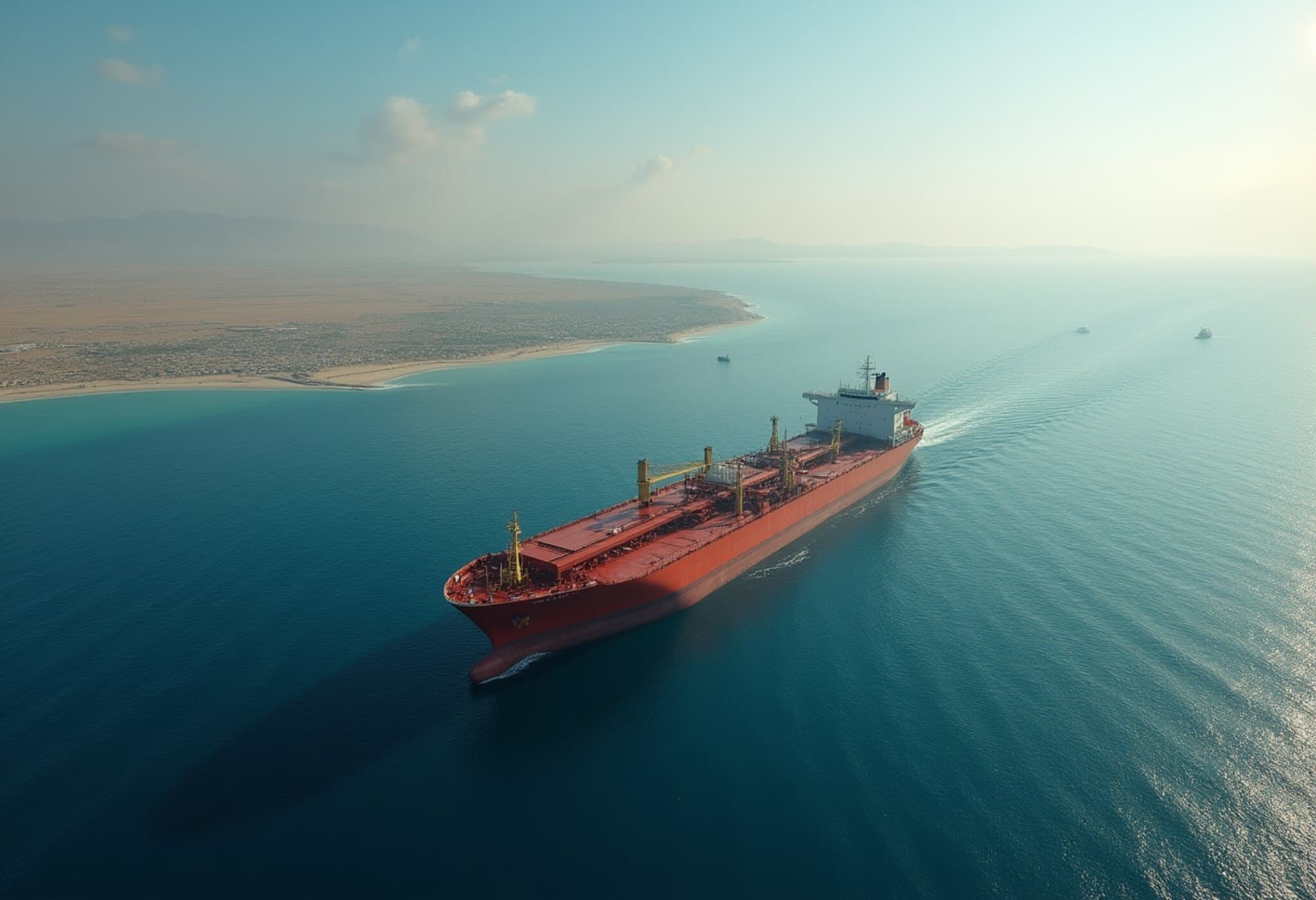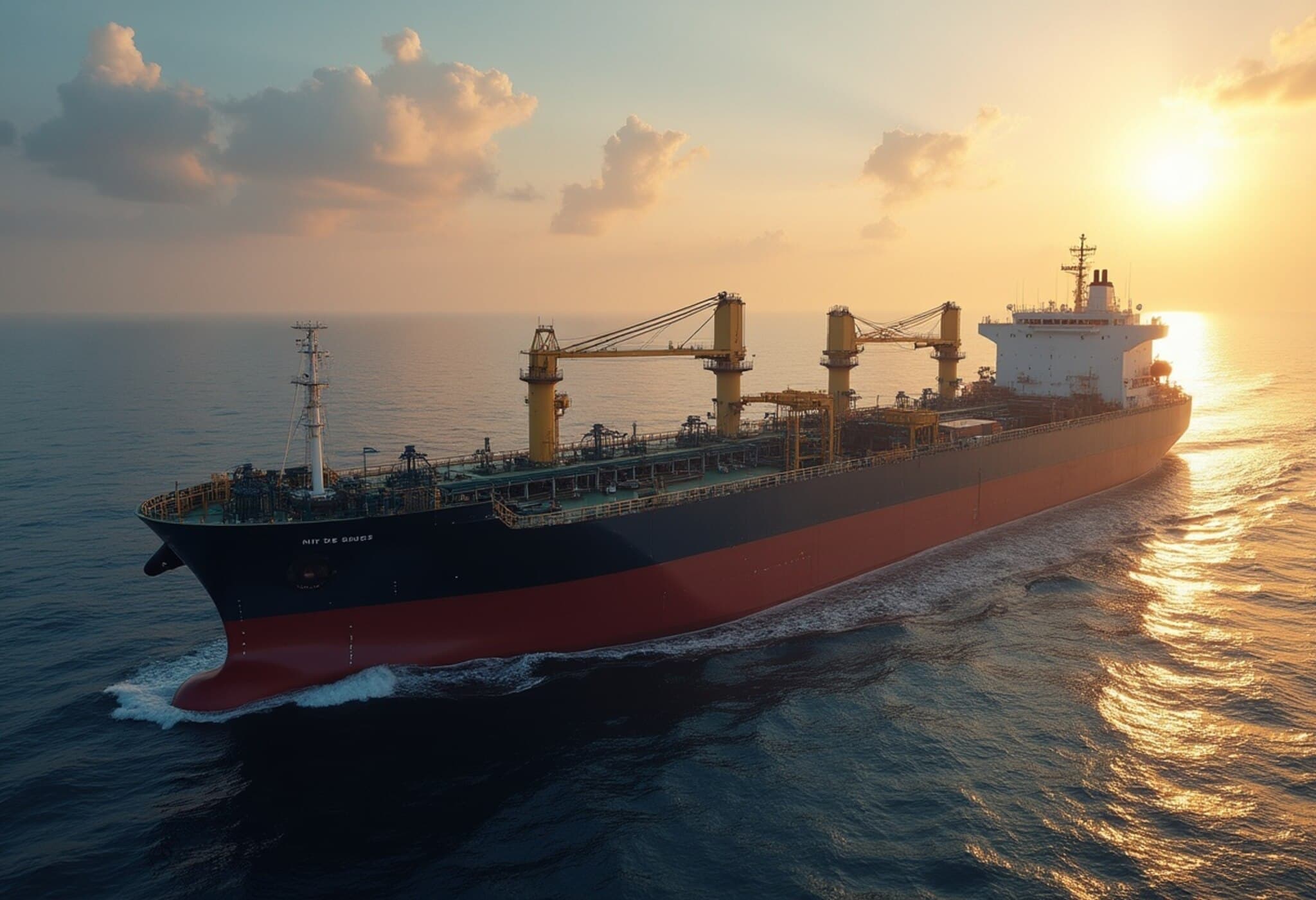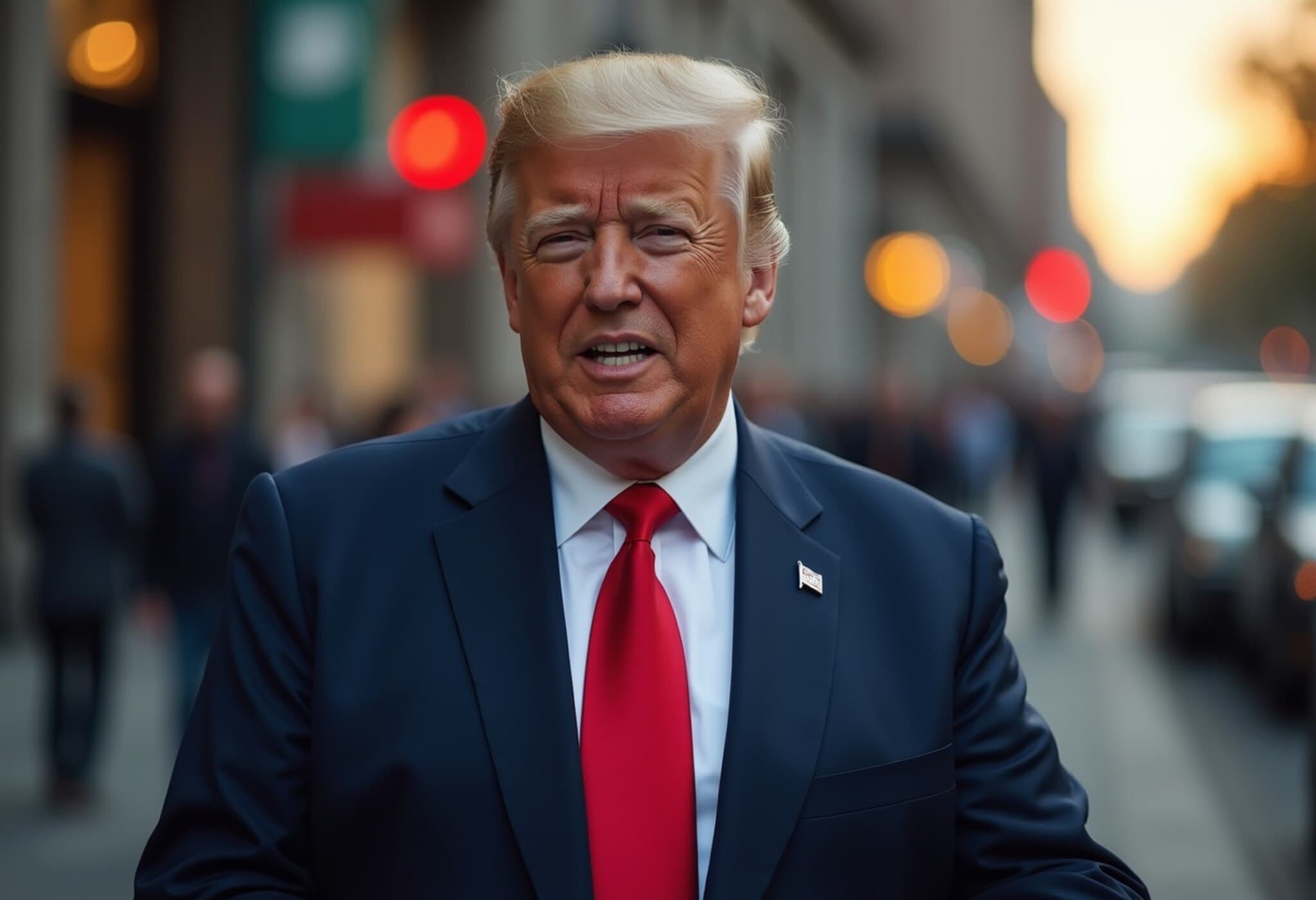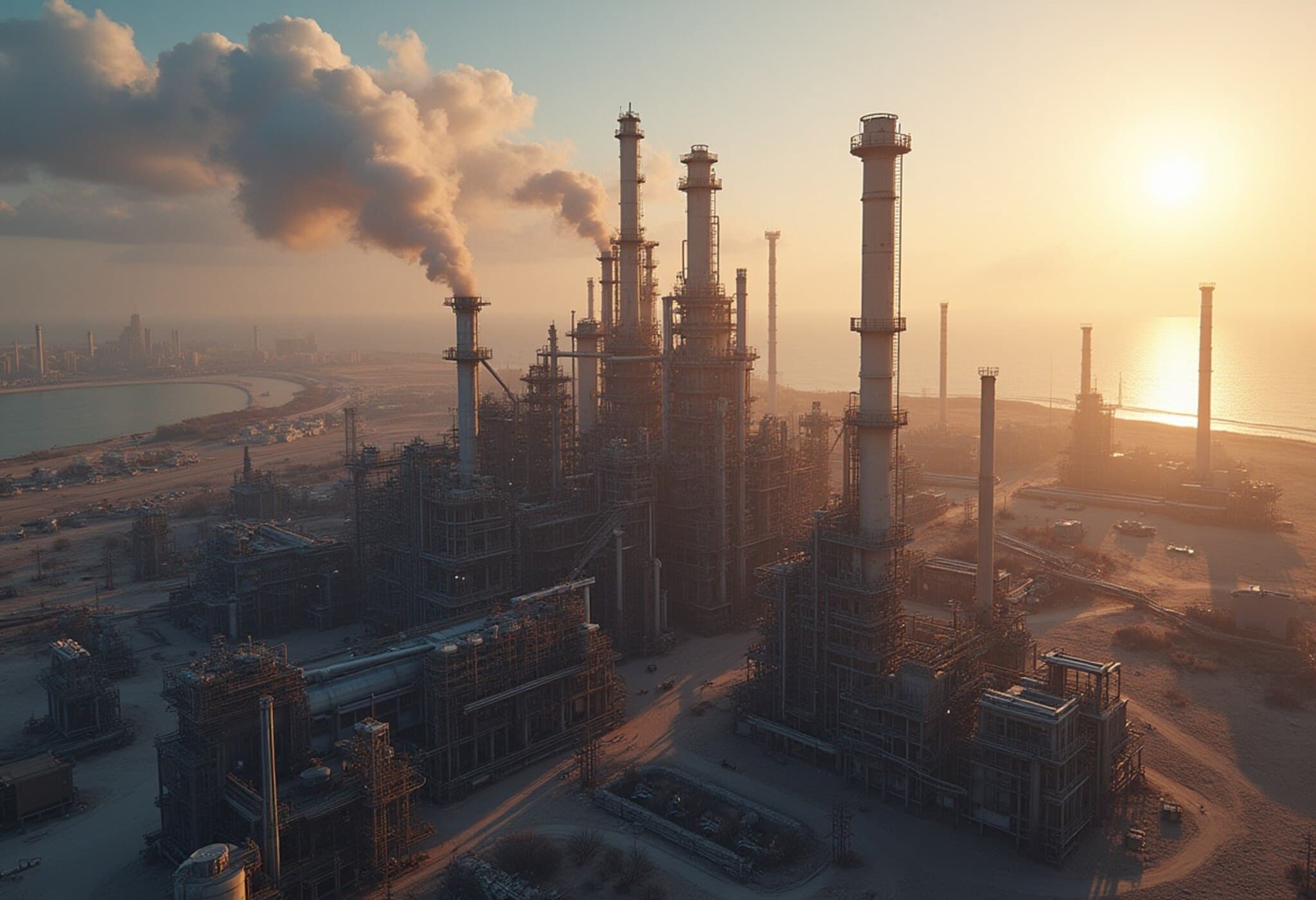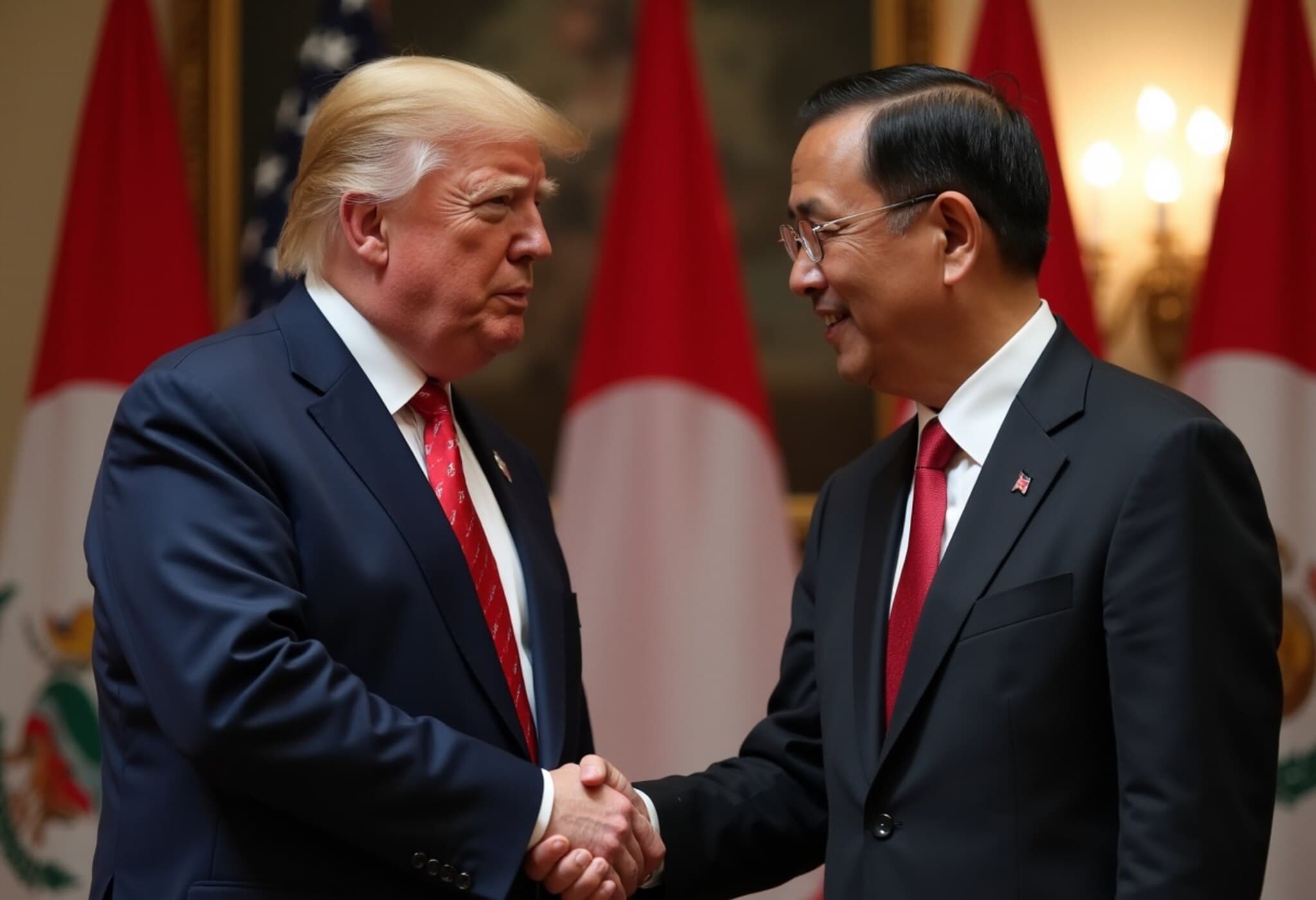Indonesia Partners with U.S. Firm for $8 Billion Modular Refinery Project
In a significant move that underscores deepening economic ties between Indonesia and the United States, Indonesia's sovereign wealth fund, Danantara, is set to ink an $8 billion engineering, procurement, and construction (EPC) contract with American engineering giant KBR Inc. This ambitious project aims to develop 17 modular oil refineries across the archipelago, signaling Indonesia’s strategic push to expand its domestic refining capacity while fostering bilateral cooperation.
Trade Deal Catalyzes Refinery Contract
The refinery deal comes on the heels of a recently finalized trade agreement between Indonesia and the U.S., which notably scaled back proposed American tariffs on Indonesian exports from a steep 32% to a more manageable 19%. This concession reflects the diplomatic give-and-take underpinning modern trade diplomacy and sets the stage for increased industrial collaboration.
Indonesia’s Economic Affairs Minister and chief trade negotiator, Airlangga Hartarto, revealed the refinery initiative during a private briefing with domestic business leaders. Reuters sources corroborated details of the contract, included in an economic ministry presentation, highlighting the deal’s significance even as official statements remain sparse.
The Strategic Importance of Modular Refineries
Modular refineries represent a modern solution to Indonesia's energy infrastructure challenges, offering scalability, reduced construction timelines, and lower upfront capital requirements compared to traditional large-scale refineries. Given Indonesia's vast geography and rising energy demand, deploying multiple small-to-mid-sized refineries can decentralize fuel production, reduce import dependence, and stimulate regional economies.
KBR Inc—formerly Kellogg Brown & Root—brings decades of expertise in engineering and construction of energy projects, adding technical heft to this collaboration. Meanwhile, Danantara, as a state-backed sovereign fund, aims to facilitate growth by channeling investments into high-impact infrastructure aligned with Indonesia’s economic resilience goals.
Underreported Aspects and Broader Implications
- Economic Sovereignty: By enhancing domestic refining capacity, Indonesia reduces vulnerability to global oil price volatility and export-import supply chain disruptions, a strategic buffer amid global uncertainties.
- U.S.-Indonesia Relations: Beyond tariffs and trade figures, this contract illustrates trust-building and deeper industrial cooperation, which may include technology sharing and workforce development.
- Environmental and Social Considerations: Large infrastructure projects often raise questions about ecological impacts and local community engagement, areas calling for transparent governance and corporate responsibility.
- Investor Confidence: The sizable $8 billion figure signals robust confidence in Indonesia’s long-term economic prospects and its positioning as Southeast Asia’s emerging energy hub.
Expert Perspective: The Intersection of Trade and Energy Security
From an expert policy standpoint, this deal underscores a broader trend in U.S. foreign economic policy: leveraging infrastructure investments as instruments of strategic partnership, particularly in geopolitically pivotal regions like Southeast Asia. For Indonesia, diversifying its energy supply chain while engaging with established engineering firms aligns well with its National Energy Policy, which seeks to balance energy self-sufficiency with sustainable growth.
However, the reduction of tariffs from 32% to 19%, while beneficial, raises questions about the longer-term trade balance and competitive dynamics between Indonesian producers and international markets. Will this serve merely as a short-term stimulus, or catalyze enduring industrial transformation? As the project unfolds, monitoring its execution and ripple effects on domestic industries will be critical.
Looking Ahead: What to Watch
- Contract Finalization and Timeline: Tracking the formal signing and phased implementation schedules will offer insights into project momentum and governmental support levels.
- Environmental Impact Assessments (EIA): Transparency around ecological considerations and community involvement stands essential to garner public trust.
- Technology Transfer and Workforce Development: How this partnership contributes to local skill enhancement will reflect its developmental depth beyond mere capital expenditure.
- Trade Policy Evolution: Monitoring tariff adjustments and trade negotiations will illustrate shifting commercial dynamics between Indonesia and global partners.
Editor’s Note
This landmark refinery project between Indonesia and the U.S. represents more than just an $8 billion contract—it is a window into the complex nexus of trade policy, energy security, and international cooperation in the 21st century. As Indonesia strives to assert greater control over its energy future while navigating global economic currents, observers should consider not only the economic calculations at play but also the social and environmental commitments accompanying such mega-projects. This deal invites us to reflect on how emerging economies balance sovereignty, growth, and sustainability in an interconnected world.

